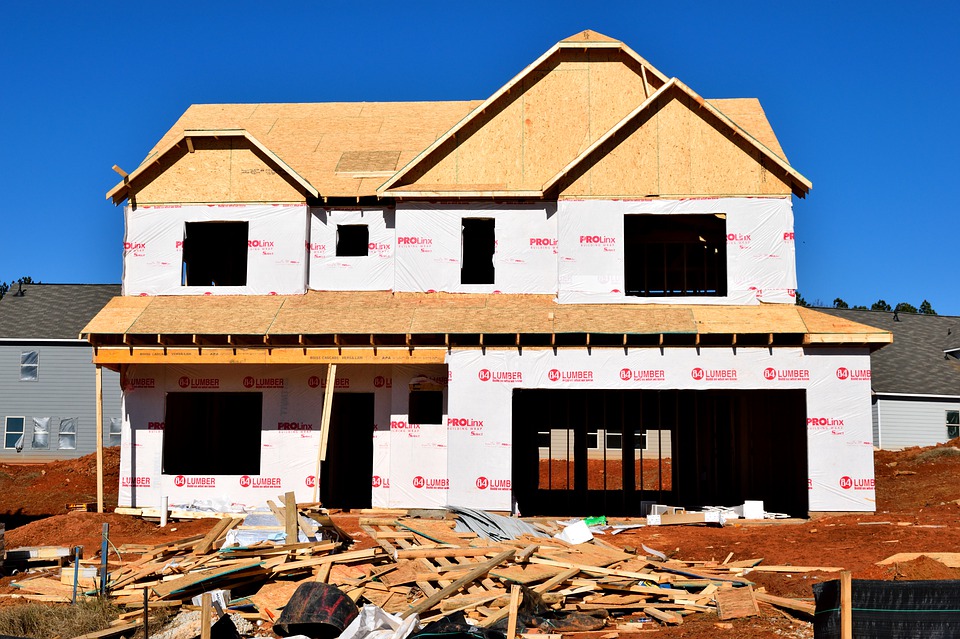
The organization representing home builders in Chatham-Kent is calling on council and the municipality to reduce the cost of government-imposed fees on new homes.
The Chatham-Kent Home Builders’ Association (CKHBA) issued a public statement this week, saying its members have been attempting to work with municipal officials over the last year to minimize the negative impact on housing affordability for residents, but attempting to lower the developmental charge on each new single-family home.
In August 2022, CK Council approved a bylaw to increase the charge from $9,600 to $17,316.
CKHBA Executive Officer Dan VanMoorsel said the significant increase is “handcuffing” local builders after being approved with little discussion by council and without formal consultation with local stakeholders.
However, municipal officials said two public meetings were held prior to the bylaw passing, which met the municipality’s “strict public consultation obligations.”
As well, the province’s Bill 23 came into effect this year, which reduces development charges by 20 per cent. According to the municipal website, the current development charge for single and semi-detached homes in Chatham-Kent is $13,852.
VanMoorsel said the CKHBA submitted a proposal in December 2022, which the association felt balanced the needs of the municipality and new home buyers.
“We’ve had a handful of meetings with [the municipality] and provided them with additional proposals… they always kept coming back to that high number. So we were unable to find middle ground,” he said.
VanMoorsel said CK staff did not give the proposal its due consideration, prompting the CKHBA to apply to the Ontario Land Tribunal to seek a resolution.
According to the CKHBA, council members have been instructed not to speak with stakeholders while the issue remains before the tribunal.
“During the land tribunal process, they encourage you to work with your municipal stakeholders in order to try and find a middle ground,” said VanMoorsel. “They should be talking to us. We should be trying to find some nature of a resolution because as you can imagine, it’s a very costly process now when it’s lawyers back and forth.”
When asked to comment, the municipality cited the importance of development charges as CK’s primary revenue tool for funding growth-related capital costs and reducing the overall burden on taxpayers.
“As the population continues to grow, the municipality has to undertake more infrastructure projects and continue to provide a stable level of service,” the municipality said in a statement. “The money the municipality collects from development charges pays for part of the capital costs due to more people using the infrastructure.”
Municipal officials added that the current development charges were calculated by factoring in future growth-related infrastructure projects and the estimated cost of those projects.
“While housing is absolutely needed in the province, all levels of government need to consider and balance who pays the costs of that growth,” the municipality said.
The municipality has declined to comment directly on the concerns raised by the home builders’ association.
“As the homebuilders and some other local developers have instituted a legal proceeding against this bylaw, it would not be appropriate for the municipality to provide further comments at this point,” the municipality said.
VanMoorsel said he doesn’t expect the matter to come before the Ontario Land Tribunal for trial until 2025.
In the meantime, the CKHBA is urging council to instruct municipal staff to continue working with the association on a balanced development charge model.
“Chatham-Kent residents need, and deserve, a balanced DC model that will help bring a much-needed supply of new homes to our community,” the association said.




